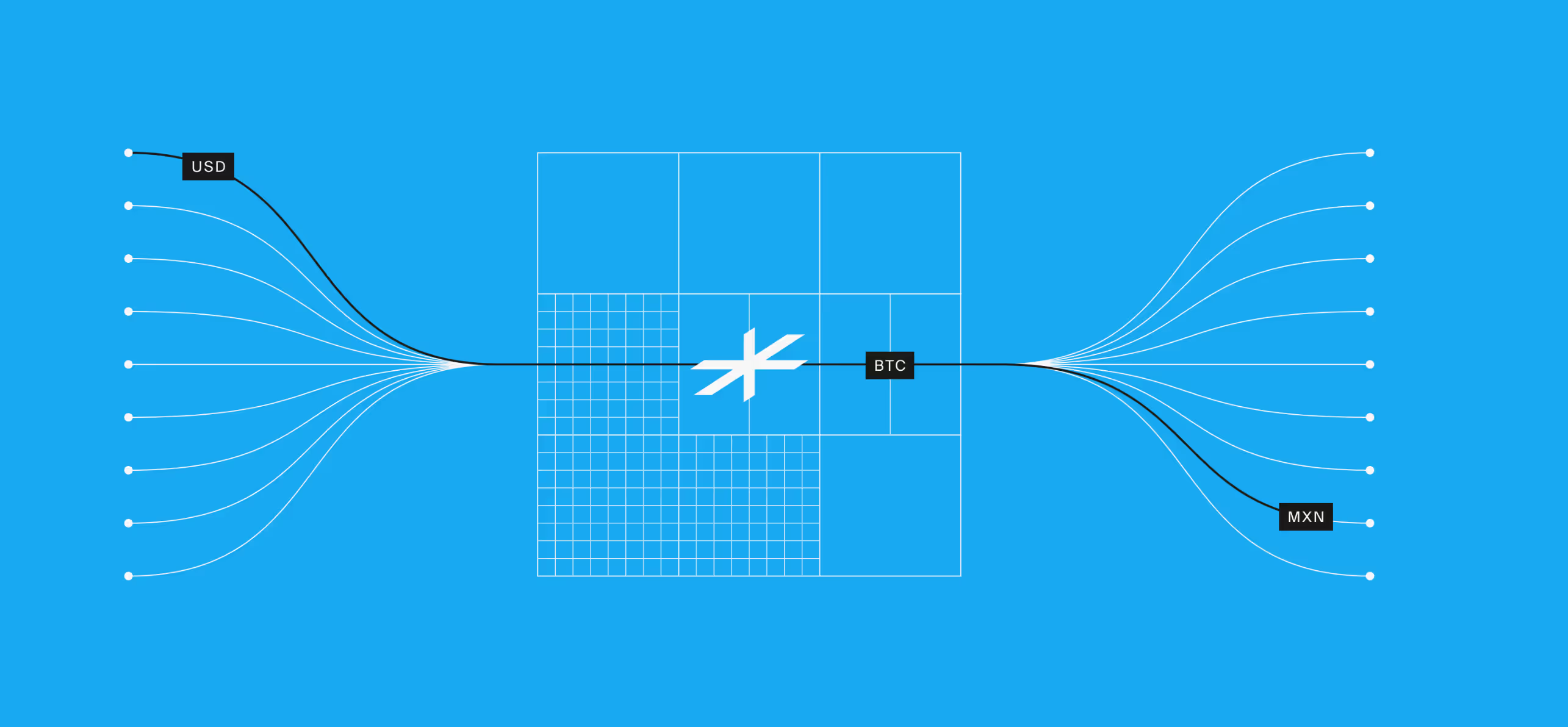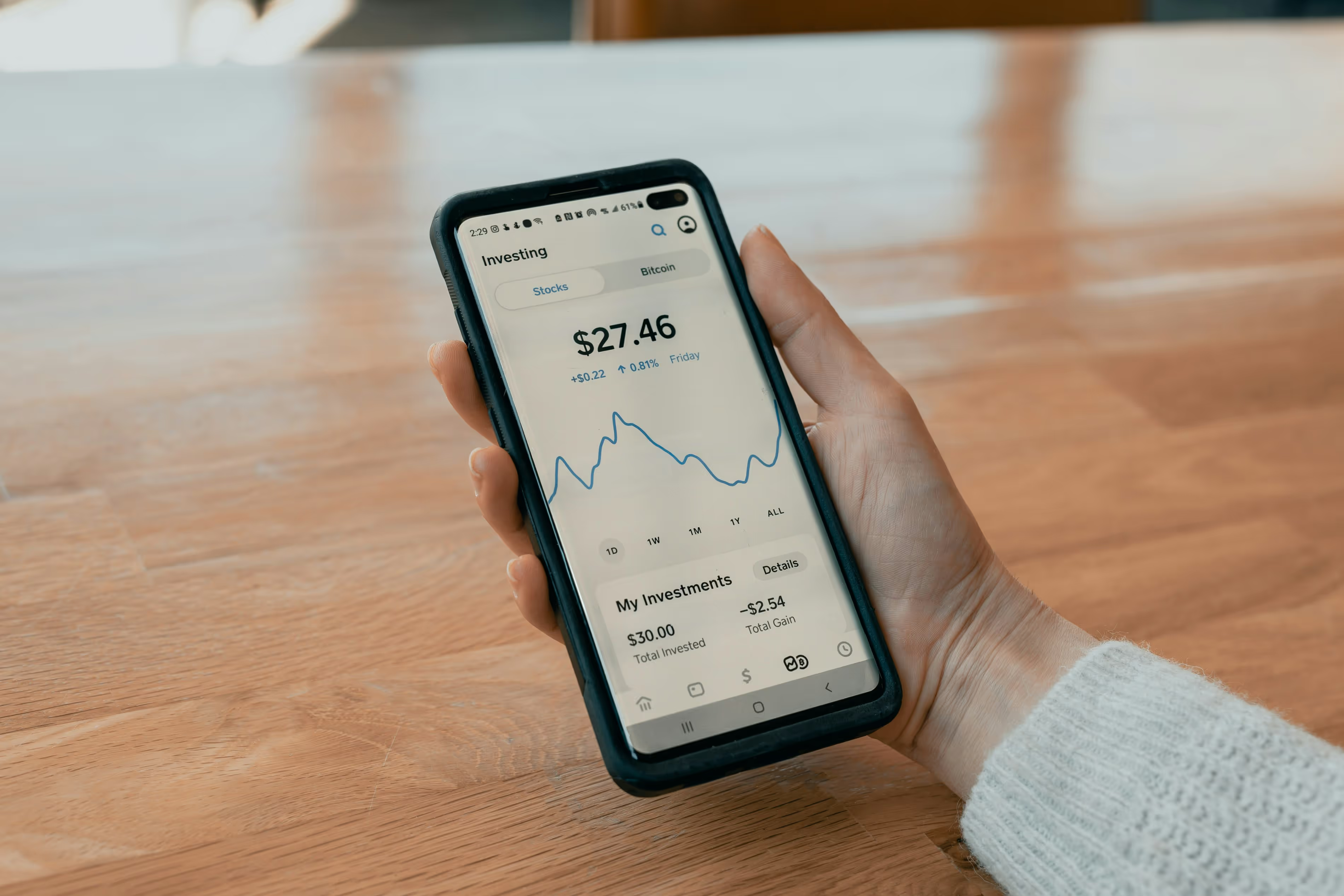Payment rails are the infrastructure that enables the transfer of money between banks, payment service providers, and other financial institutions. For businesses, selecting the appropriate payment rail hinges on factors such as speed, cost, geography, and customer satisfaction.
SWIFT and PayPal are two prominent examples of traditional payment rails. SWIFT facilitates international bank transfers, while PayPal offers a digital wallet service for online transactions. However, Lightspark aims to transcend these systems by leveraging Bitcoin and the Lightning Network to create a new category of global payments infrastructure.
The Payment Rail Landscape
Payment rails are crucial for moving money between parties, but current systems can be slow, fragmented, and costly, often leading to inefficiencies and higher transaction fees for businesses and consumers alike.
Understanding SWIFT and PayPal
How SWIFT Works
SWIFT operates as a global member-owned cooperative, connecting over 11,000 financial institutions worldwide. It provides secure, standardized messaging for financial transactions. The process involves initiating a transaction, creating a standardized message, securely transmitting it via SWIFT’s network, routing it to the recipient, and processing the transaction. SWIFT’s technology stack includes solutions like Alliance Cloud and SwiftNet Link, supporting ISO 20022 standards for rich, structured data. A typical transaction flow ensures secure, reliable communication, with SWIFT enhancing transparency and efficiency but not holding or settling funds itself.
Strengths and Limitations of SWIFT
Strengths
- Global Reach: SWIFT connects over 11,000 financial institutions worldwide, enabling secure and efficient international transactions.
- Security: SWIFT emphasizes secure payment transactions with dedicated solutions like the Customer Security Programme (CSP) to protect against cyber-threats.
- Standards Leadership: SWIFT is a leader in financial messaging standards, notably ISO 20022, which provides consistent, rich, and structured data for financial transactions.
Limitations
- Complexity: The technical nature of SWIFT’s solutions, such as ISO 20022 migration, can present a steep learning curve for new users or smaller institutions.
- Cost: SWIFT’s services are typically associated with significant costs for membership, connectivity, and compliance, which may be a barrier for smaller organizations.
- Speed: International SWIFT payments can take 1 to 5 business days to arrive, making it slower than digital alternatives like PayPal.
How PayPal Works
PayPal operates as an online payment system allowing users to send and receive money globally. Users link their credit card, debit card, or bank account to their PayPal account, creating a digital wallet. The transaction process involves selecting PayPal at checkout, logging in, choosing a funding source, and completing the payment. PayPal encrypts transactions, ensuring security, and transfers funds instantly to the recipient's PayPal balance. The platform uses encryption and early fraud detection technology, supporting integration with various payment methods and global money transfers. Users can manage their money via web or mobile app, making the process fast, secure, and user-friendly.
Strengths and Limitations of PayPal
Strengths
- Security: PayPal uses encryption for transactions and does not share full financial details with merchants, offering Purchase Protection on eligible transactions.
- Flexibility: Users can link credit cards, debit cards, and bank accounts, and use a PayPal Balance account, with multiple payment options including PayPal Debit Card and PayPal Cashback Mastercard.
- Global Reach: PayPal allows users to send money to over 200 countries and 25 currencies, making it a versatile option for international transactions.
Limitations
- High Fees: PayPal's fees for international transactions and currency conversions are higher than many competitors, with additional hidden fees.
- Service Availability: PayPal services and features may vary by country, and not all features are available in every region.
- Account Requirements: Recipients may need to create a PayPal account to receive payments, which can be a barrier for some users.
SWIFT and PayPal Compared
Transaction Speed
SWIFT transactions can take 1 to 5 business days to complete, depending on the banks involved and the destination country. In contrast, PayPal transactions are typically processed within minutes, although withdrawals to a bank account can take 3 to 5 days. Lightspark offers real-time, instant money movement, significantly reducing transaction times.
Fees
SWIFT fees vary widely, with foreign transaction fees ranging from 1% to 3%, and additional charges for currency conversion and wire transfers. PayPal's fees are generally higher, especially for international transactions, with a 5% fee for international transfers and a 3% to 4% currency conversion spread. Lightspark promises lower costs and no hidden fees, making it a cost-effective alternative.
Cross-Border Capabilities
SWIFT supports international transfers through a network of over 11,000 financial institutions, making it a robust option for global transactions. PayPal allows users to send money to over 200 countries and in 25 currencies. Lightspark leverages Bitcoin and the Lightning Network to enable seamless, low-cost, and reliable cross-border payments.
Security Protocols
SWIFT emphasizes secure transactions with solutions like the Customer Security Programme (CSP) and compliance with ISO 20022 standards. PayPal uses encryption and early fraud detection technology to protect user data. Lightspark enhances security by utilizing Bitcoin’s decentralized foundation and offering self-custodial wallets.
Operational Hours
SWIFT transactions are subject to banking hours and can take several business days to process. PayPal offers 24/7 availability for sending and receiving funds, although bank withdrawals may take longer. Lightspark provides an always-on payment infrastructure, enabling transactions at any time without delays.
How SWIFT And PayPal Are Used
Everyday Payments to Friends and Family
PayPal is ideal for quick, everyday transfers to friends and family, offering speed and convenience. SWIFT is less suitable due to its slower processing times and higher fees. Lightspark, leveraging the Lightning Network, provides instant, low-cost transactions, making it a superior choice for frequent, small payments.
Paying Bills or Direct Bank Transfers
SWIFT is more suitable for direct bank-to-bank payments, such as paying bills or making large payments, due to its secure and regulated nature. PayPal can be used but may incur higher fees. Lightspark offers real-time settlement and lower costs, making it an efficient alternative for such transactions.
International Transfers
SWIFT supports international transfers but can be slow and costly. PayPal offers faster transfers but with higher fees. Lightspark enables seamless, low-cost, and reliable cross-border payments, leveraging Bitcoin and the Lightning Network, making it a more efficient option for global money movement.
Business-to-Business Payments
SWIFT is often used for formal business-to-business payments due to its secure and traceable nature. PayPal can be used but may not be suitable for large transactions due to fees. Lightspark provides instant, secure, and low-cost payments, making it an attractive option for businesses seeking efficiency and cost savings.
Time for a New Standard

Lightspark offers a cutting-edge payments infrastructure that leverages Bitcoin and the Lightning Network to enable real-time, global money movement, surpassing the limitations of traditional systems like SWIFT and PayPal by providing faster, more secure, and cost-effective transactions.
- Built on Bitcoin: Lightspark’s infrastructure is powered by Bitcoin’s open, decentralized foundation, ensuring robust security and reliability.
- Instant Settlement: The platform enables real-time, instant money movement, eliminating delays and enhancing efficiency.
- Lower Fees: Lightspark offers low-cost payments with no hidden fees, making it a cost-effective alternative to traditional payment systems.
- Cross-Border Security by Default: Utilizing Bitcoin’s decentralized network, Lightspark ensures secure and compliant cross-border transactions.
A Modern Infrastructure
For businesses looking to transcend traditional payment systems like SWIFT and PayPal, here’s what Lightspark brings to the table:
- Wallets: Comprehensive solutions for building advanced digital wallets with real-time access to Bitcoin, Lightning, stablecoins, and domestic payment rails.
- Digital Banks: Connect to the Money Grid, enabling digital banks to expand faster, launch in new markets, and offer real-time, low-fee, interoperable payments globally.
- Exchanges: The easiest way for cryptocurrency exchanges to connect to the Bitcoin Network, offering instant Bitcoin transfers, lower transaction costs, and built-in compliance tools.
- Stablecoins: Using Spark, businesses can create, distribute, and monetize their own stablecoins on the Bitcoin network, providing fast, cheap, and seamless payment experiences.
Emerging technologies and evolving regulations are reshaping the future of payments. Lightspark can help businesses achieve real-time, low-cost global payments. Don’t just choose between two outdated options—upgrade to a payment rail built for the internet age. Learn more or book a demo.


